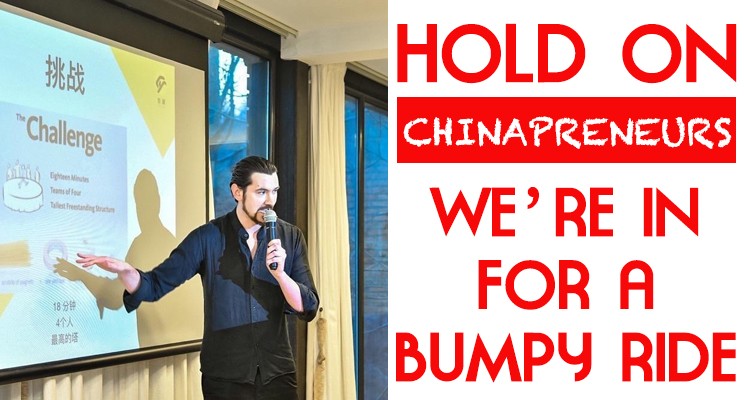How can start-ups in China get back on their feet? (13 Tips for Entrepreneurs)
Original article by LadiesWhoTech Author Kelsey Cheng or read the article in Chinese The coronavirus outbreak has shaken up China’s investing industry, forcing start-ups to cut wages, lay off workers and put deals on hold to make it through the cash crunch. Now that China is getting back to business, the rest of the world struggles to deal with the virus, … Read more
